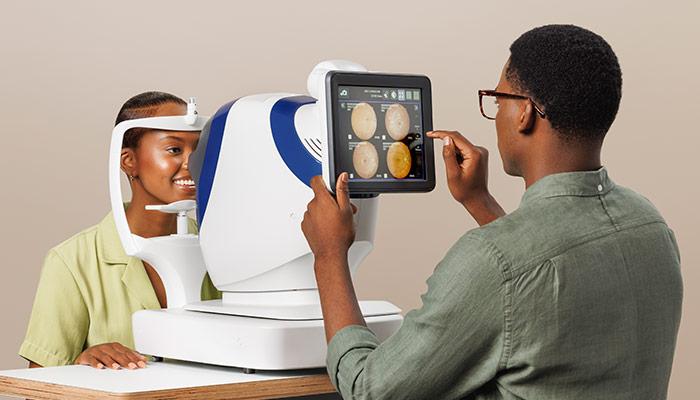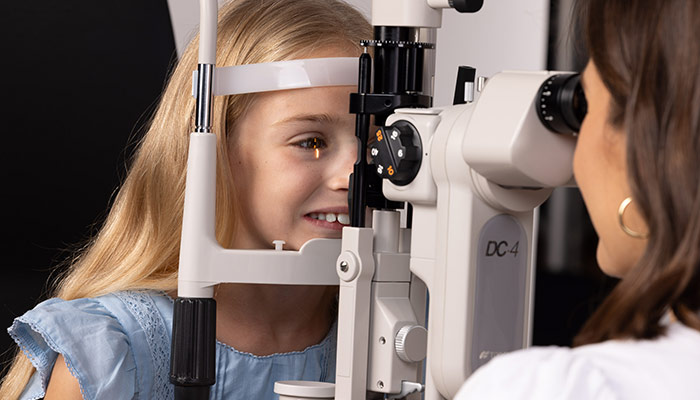
Does your vision sometimes seem hazy or blurry, especially as the day progresses? Do you often squint to read a distant signboard? If you answered YES, you might be short-sighted, also known as myopic. This common vision condition affects millions of people worldwide, making near objects appear sharp while distant ones become blurry.
Let's explore the causes and available treatments for short-sightedness, empowering you to achieve optimal vision to navigate the world with clarity.
How Myopia Affects Vision
Imagine your eye as a camera. Light enters through the cornea (the clear front part) and is focused by the lens onto the retina (the light-sensitive layer at the back) to create a clear image. In a perfect world (or eye!), this image lands perfectly on the retina.
However, with short-sightedness, the eyeball is either too long or the cornea is too curved. This causes light rays to focus in front of the retina, making distant objects appear blurry while close-up objects remain clear. It's like the image isn't quite reaching the "film" properly in our eye camera.
Classic Signs of Short-sightedness
- Difficulty seeing distant objects clearly, like street signs, faces, or movie screens
- Headaches or eye strain, especially after prolonged reading, computer work, or activities that require focusing on near objects for extended periods.
What Causes short-sightedness

There are two main culprits: genetics and environment.
- Genetics: If one of your parents are short-sightedness, you have a higher chance of inheriting the condition.
- Environment: Studies suggest excessive near work, like spending a lot of time reading or in front of screens, might contribute to the development of myopia, especially during the childhood and teenage years.
Solutions for a Clearer Future

The good news? Diagnosing myopia is a simple process. During a comprehensive eye test, your professional Spec-Savers optometrist will use various tests, including a retinoscopy and a visual acuity test, to measure your refractive error (how well your eye focuses light) to determine the severity of your short-sightedness.
Below are some treatment options that might be recommended:
- Spectacles: The classic solution! Spectacles with negative power lenses (think minus sign) help bend light rays and focus them precisely on your retina, correcting your blurry distance vision.
- Contact lenses: For those who prefer a spectacle-free look, soft contact lenses are available depending on your preference and eye health.
- Refractive surgery: This is a more permanent option for some individuals. Procedures like LASIK use lasers to reshape the cornea, correcting your refractive error and potentially eliminating the need for spectacles or contact lenses.
Early Detection is Key

Catching short-sightedness early is crucial. Regular eye tests, especially during childhood and the teenage years, can help detect and manage myopia effectively, especially if you know it is a genetic possibility. Early intervention can not only improve your quality of life but also potentially reduce the risk of future vision complications like retinal detachment or glaucoma.
Tips for a Spec-tacular Life!
- Choose appropriate eyewear: Ensure your spectacles or contact lenses have the correct prescription.
- Maintain good eye hygiene: Just like washing your hands, cleaning your spectacles or contact lenses methodically is essential for eye health.
- Schedule routine eye tests: Don't skip those eye tests! Aim for bi-annual visits to monitor your vision.
- Take breaks from screens: Give your eyes a break from the constant close-up focus. Follow the 20-20-20 rule: every 20 minutes, look at something 6 meters away for 20 seconds.
It’s time to ditch the myths around myopia and embrace clear vision! With regular eye tests, proper eye care, and the right treatment options, you can enjoy a lifetime of sharp focus, near and far.
Date Published: 27 May 2024